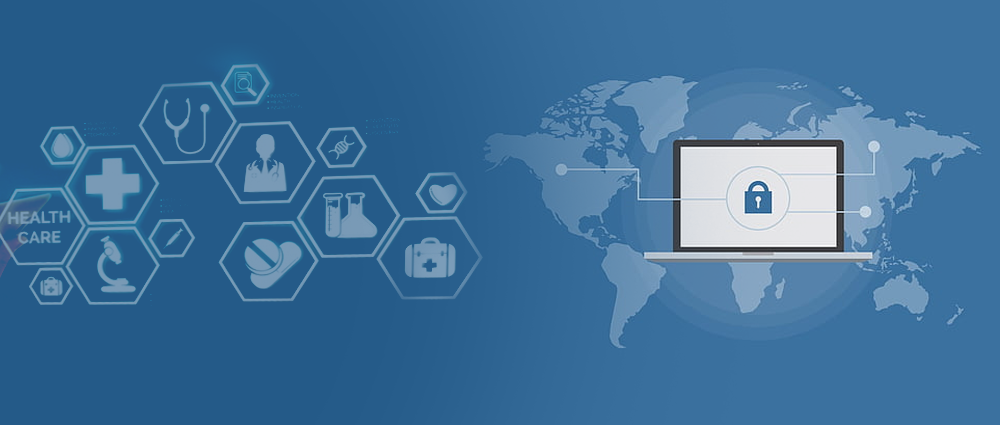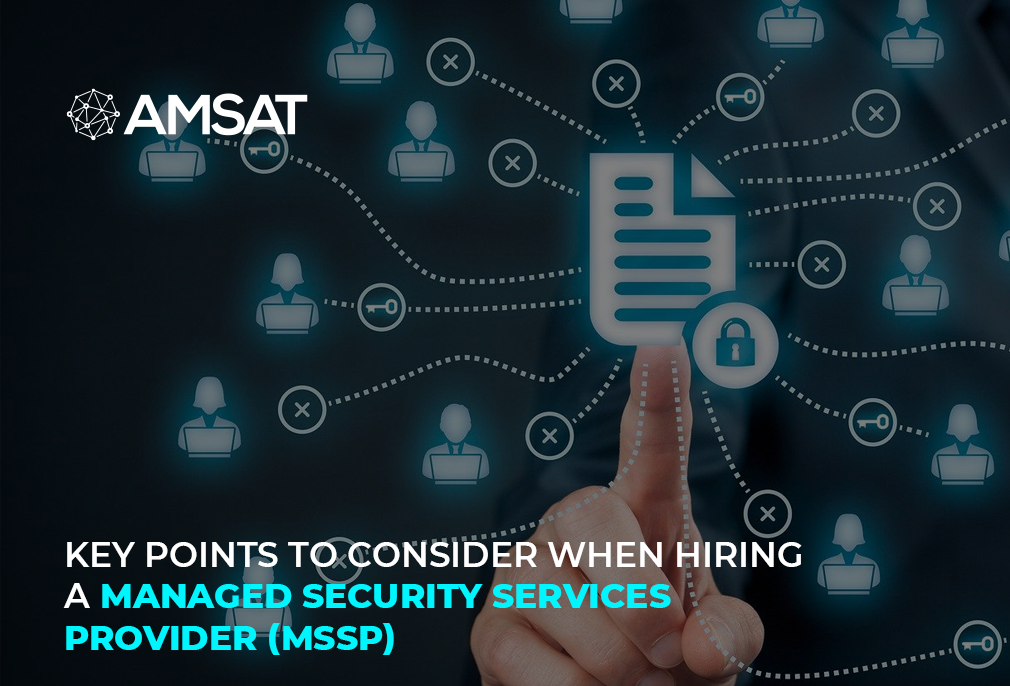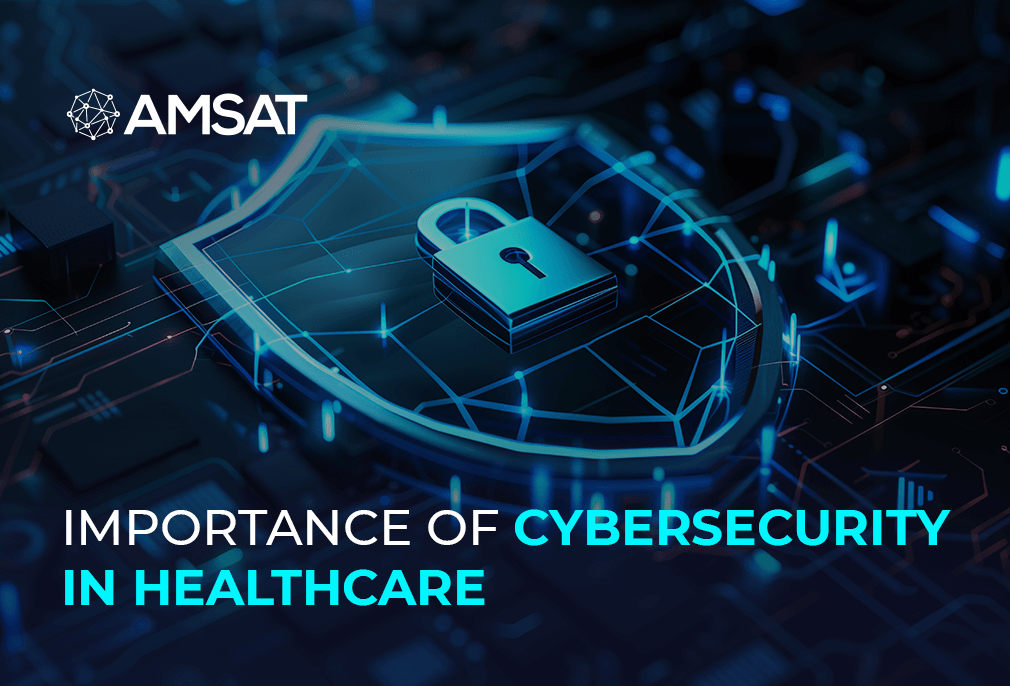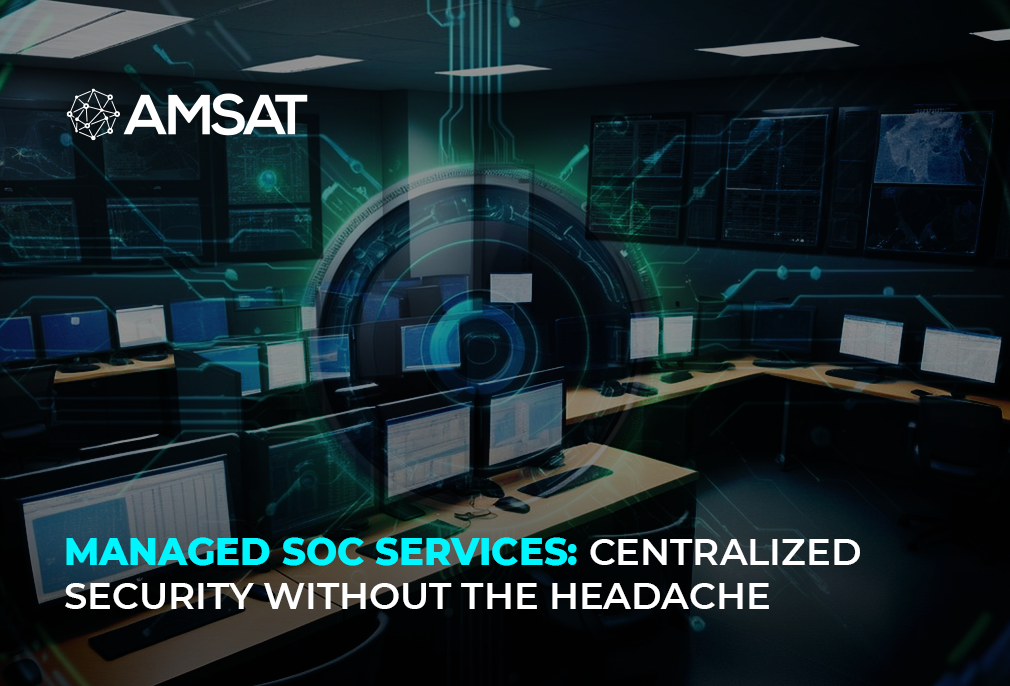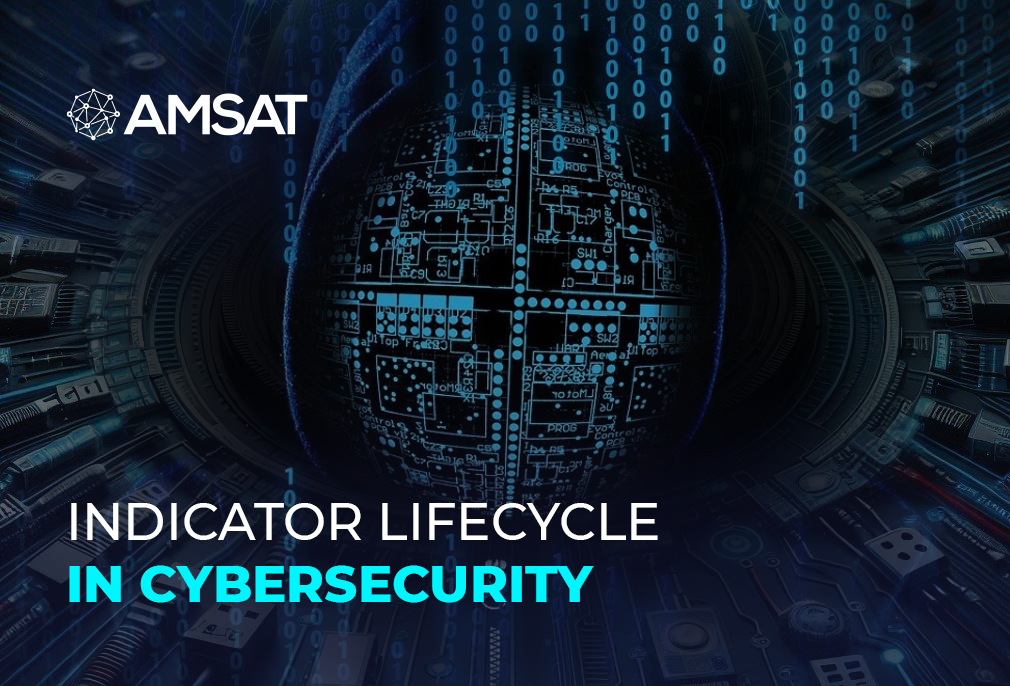Latest Blogs
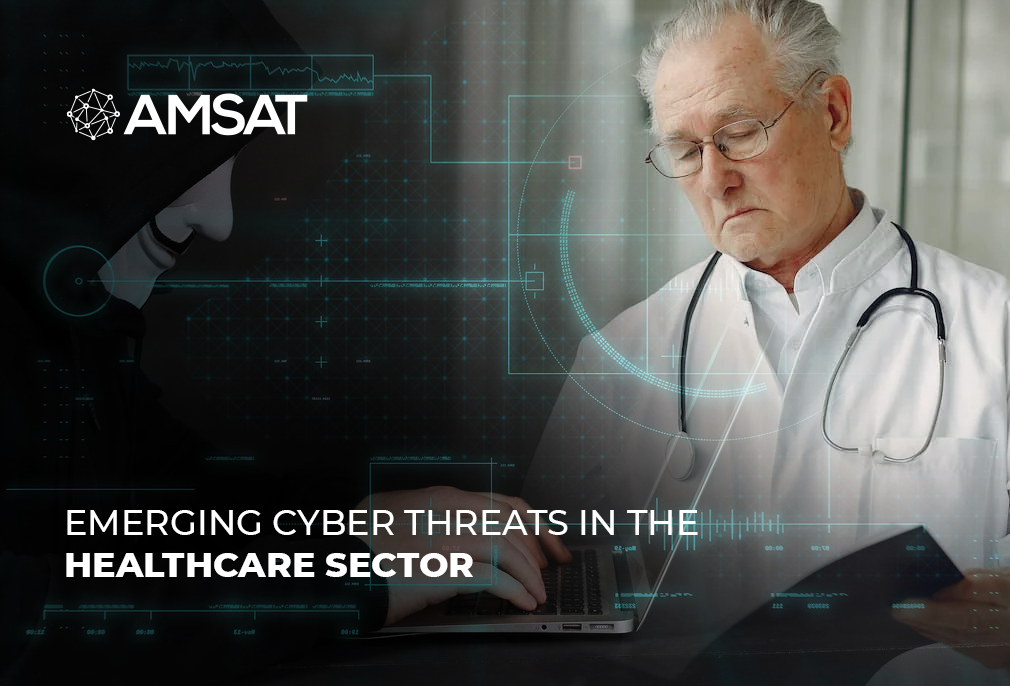
By AMSAT OCT 15, 2023
Emerging Cyber Threats in the Healthcare Sector
Cyber threat has been cause for serious concern for a number of sectors worldwide. But today, the healthcare sector faces the biggest threat from cybercriminals due largely to the enormous amounts of sensitive data organizations hold, including patient health records, financial information, and intellectual property. Healthcare organizations are also vulnerable to malicious attacks as they tend to rely on complex IT systems to deliver care.
Recent years have seen a sharp rise in the number and sophistication of cyberattacks on healthcare organizations. This is due to a number of factors, including the increase of ransomware, the growing use of cloud computing and mobile devices, and the increasing complexity of healthcare IT systems.
Emerging Cyber Threats in the Healthcare Sector
Due to its reliance on sensitive data and its critical infrastructure, the healthcare sector is highly susceptible to potential cyberattacks. Here are a few emerging cyber threats in the healthcare sector:
- Ransomware:Ransomware attacks encrypt critical data and demand a ransom payment in exchange for the decryption key. These attacks can have a devastating impact on healthcare providers, disrupting patient care and leading to financial losses.
- Medical IoT device vulnerabilities:Medical devices’ consistent connectivity to the internet makes them more vulnerable to cyberattacks. Threat actors can exploit vulnerabilities in medical devices to steal sensitive data, disrupt operations, or even harm patients.
- Supply chain attacks:Supply chain attacks target third-party vendors that provide goods or services to healthcare providers. By compromising a vendor, attackers can gain access to the healthcare provider’s network and systems.
- Artificial intelligence (AI)-powered attacks:AI is being used to develop new and more sophisticated cyberattacks. For example, AI can be used to create phishing emails that are more likely to play victims, or to develop malware that is more difficult to detect.
Mitigating ransomware attacks on healthcare providers
Healthcare providers can take a number of steps to cut the risk of ransomware attacks. They may include Implementing a robust cybersecurity program, backing up data regularly, and having a plan for responding to ransomware attacks.
Best practices for securing medical IoT devices against cyber threats
Healthcare providers can follow several best practices to protect medical IoT devices, including:
- Use strong passwords and enable two-factor authentication:This will help to prevent unauthorized access to devices.
- Keep devices up to date with the latest security patches:Manufacturers regularly release security patches to address vulnerabilities in their devices.
- Segment medical IoT devices from the rest of the network:This will help to limit the damage if a device is compromised.
- Monitor medical IoT devices for suspicious activity:This can be done using security monitoring tools or by analyzing device logs.
Cyber threat intelligence services
Cyber threat intelligence services can help healthcare providers to identify and respond to all manner of cyber threats. These services provide information about existing and emerging threats, as well as recommendations on how to reduce these threats.
Cyber threat intelligence and incident response
Combining cyber threat intelligence with incident response, cyber threat intelligence and incident response (CTI-IR) is a comprehensive approach to cybersecurity. CTI-IR helps healthcare providers to proactively detect and respond to cyber threats, mitigating the risk of damage to their systems and data.
Cyber threat intelligence sharing in the healthcare industry
Cyber threat intelligence sharing is the practice of sharing information about cyber threats between organizations. This can help healthcare providers to keep abreast of the latest threats and to learn from the experiences of other organizations.
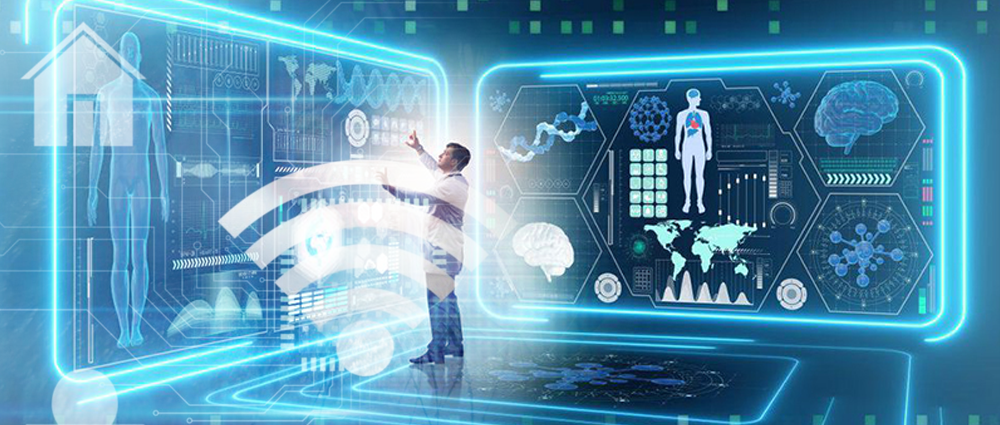
Cyber threat intelligence requirements
When choosing a cyber threat intelligence service, healthcare providers should consider the following requirements:
- Scope:The service should provide information about the cyber threats that are most relevant to healthcare providers.
- Timeliness:The service should provide information about threats in a timely manner, so that healthcare providers can take action to mitigate the risks.
- Accuracy:The service should provide accurate and reliable information about threats.
- Actionability:The service should provide recommendations on how to mitigate the risks posed by threats.
Types of cyber threats in the healthcare industry
The following are some of the most common types of cyber threats in the healthcare industry:
- Ransomware:Ransomware encrypts critical data and demands a ransom payment in exchange for the decryption key.
- Phishing:Phishing attacks attempt to trick victims into revealing sensitive information, such as passwords or credit card numbers.
- Malware:Malware is malicious software that can damage systems or steal data.
- Data breaches:Data breaches involve the unauthorized access to or theft of sensitive data.
- Denial-of-service (DoS) attacks:DoS attacks attempt to overwhelm a system with traffic, making it unavailable to legitimate users.
The Bottom Line
Healthcare providers face significant cybersecurity risks, including threats to privacy and data protection, ransomware attacks, and IoT device hacking. To reduce their risk of being affected by cyber threats, healthcare providers can implement a robust cybersecurity program, secure medical IoT devices, and use cyber threat intelligence services.
By adopting these best practices, healthcare providers can better protect patient data, ensure continuity of care, and maintain customer trust.
TAGS
- Cyber Security
- Threat Intelligence
- Healthcare
Recent Blogs
Ready to Get Started?
Our specialists are ready to tailor our security service solutions to fit the needs of your organization.
